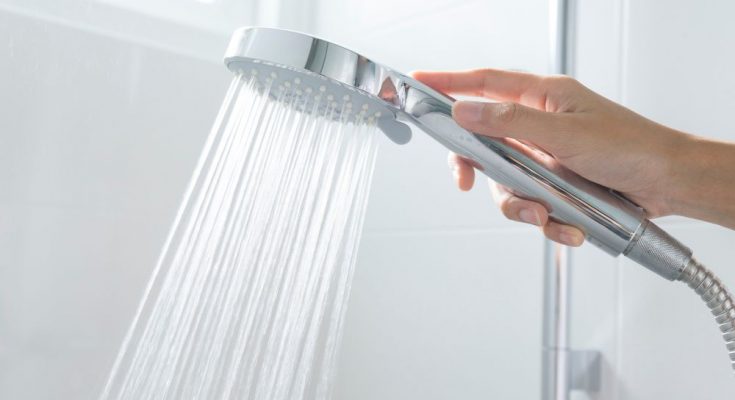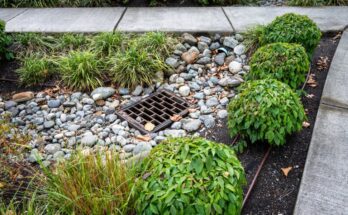Let’s do some myth-busting. Hard water is not dangerous to drink, wash with, or bathe in. However, hard water can negatively impact your home and body. While these aren’t life-threatening problems, they can cause stress and cost you money.
Bathing Issues
The mineral buildups found in hard water aren’t ideal for bathing for a plethora of reasons. First and foremost, calcium and magnesium leave behind a thin film of residue on your skin, making it harder for soap to wash away fully. Secondly, hard water minerals can negatively affect your hair and skin health. This can lead to more frequent outbreaks, split ends, and dull hair color. Lastly, showers with hard water deposits on or in the showerhead perform less efficiently, making your bathing routine far less effective.
Washing Issues
Much like bathing, hard water isn’t preferable for washing things like dishes and silverware. Once again, the calcium and magnesium film left behind makes it harder to wash away grime and soap. If you’ve ever noticed water stains on your dishes, especially glassware, you should know they’re the result of the hard water film. But these problems don’t just affect your kitchen. Any objects or surfaces you normally clean with water won’t receive proper washing with hard water.
Appliance Issues
Your appliances and pipes are vulnerable to calcium and magnesium buildups, which greatly impact performance. These hard water deposits reduce water flow to your sinks, toilets, and any other appliances that use water. The biggest issue to look out for is the occurrence of backflow, which happens when hard water buildups cause pressure inside pipes. This progressive problem is costly to fix, so ensure you soften your water in a timely manner.
As you can see, hard water negatively impacts your home and body. Luckily, you can quickly resolve these issues with a suitable water treatment system. Water softeners last a long time and reduce mineral contents effectively. Consult a professional to determine the best options for you and your needs.



